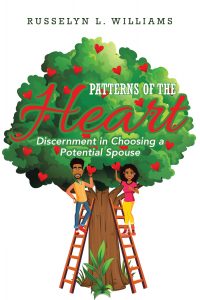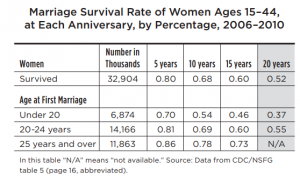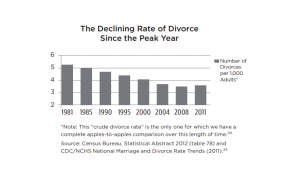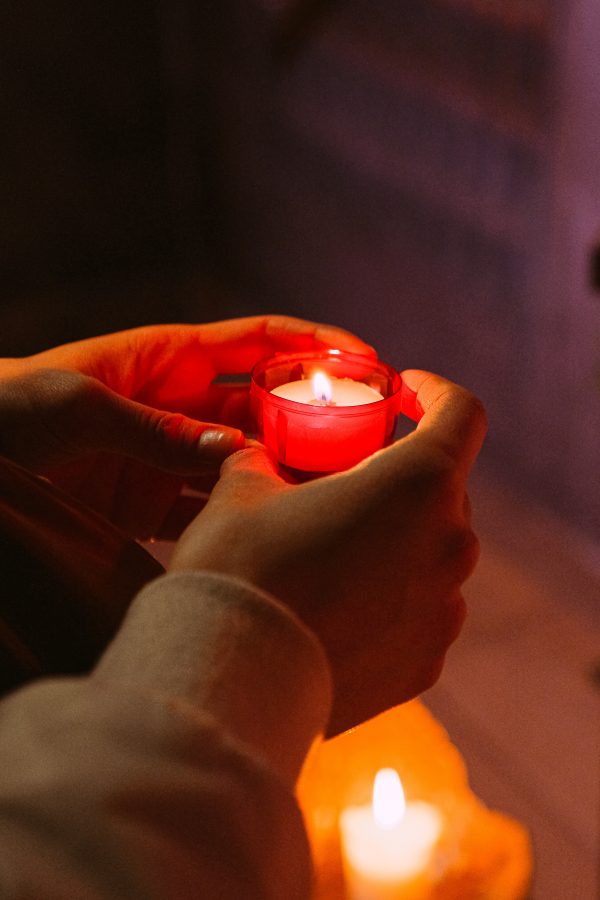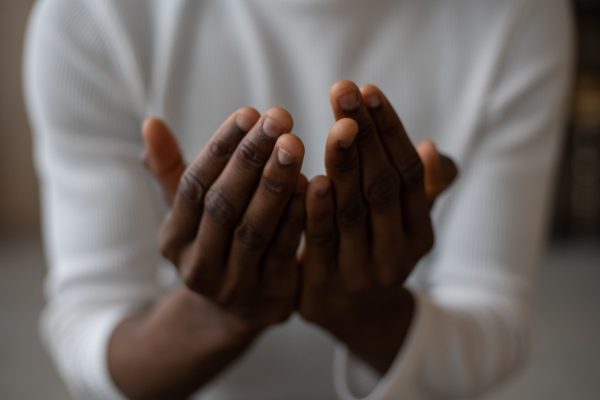Abstinence Message
Thankfully, the culture seems to be shifting to where it is becoming more acceptable for those who either practice abstinence or who are virgins to share their journeys. Due to virgin shaming—many who’ve chosen this lifestyle often remain silent. Only because they know they have to be ready for people to attempt to shut their mouths based on their negative experiences with the message of abstinence.
Because I am aware that some have negative experiences with abstinence or the virginity message, I try to be sensitive. I hope to be clear that God values us whether we are virgins or not, abstinent or not. There is forgiveness for those who have had sex outside of marriage. Anyone can change course at any time. Nonetheless, it’s important for those of us practicing abstinence and who are virgins to tell our stories.
Virgins & Non-Virgins Face the Same Things that Lead to Sex Outside of Marriage
Many people have sex for acceptance, love, or the feeling of being wanted. Virgins and those who’ve chosen to practice abstinence experience the same desires yet to be fulfilled. The extended waiting period creates hardship; namely, the hardship of feeling invisible and unwanted at times.
The only difference is the choice made to endure those difficulties in obedience and the choice to find relief in disobedience. As virgins or abstinent people—we can talk about these things because we’ve been through these things.
Our testimonies are not unwarranted. Further, just because we are virgins or practice abstinence doesn’t mean we’ve been obedient in every area. Some virgins have sought relief in masturbation or fantasy lust. I used to be one who participated in both—but God delivered me.
This is why I cannot stand in pride as a virgin because I know this isn’t something I’ve been able to do on my own.
God’s Help is What Allows Us to Remain Abstinent
When I face loneliness, which is a norm for us who practice abstinence, I have to rely on the Lord for his strength. A key to remaining abstinent:
“Concerning this thing I pleaded with the Lord three times that it might depart from me. And He said to me, “My grace is sufficient for you, for My strength is made perfect in weakness.” – 2 Corinthians 12:8-10
In the scripture above, Paul had something that bothered him continually in his flesh. He asked God to take it away. However, God had a purpose for it. Instead of God taking it away. He gave Paul the strength to endure successfully with his weakness. God’s response was my strength is made complete—meaning we will be lacking nothing in our weakness.
This doesn’t mean it will be easy. It doesn’t mean it will not hurt sometimes. It does mean God will get us through it. This is primarily how I’ve gotten through to remain a virgin at 40 years old. When I get weak and want it—I ask God for more strength reminding him of this scripture. When I want to give in because I am lonely, and feel invisible and undesired as a woman—I ask God for more strength. I am not unnatural as a woman. My womanly desires did not go away. I’m simply depending on God for his strength.
God’s Wisdom Helps me Through My Abstinence Journey
None of us have a book on doing relationships well or remaining abstinent until marriage except the Bible. Most of us have been experimenting and learning as we go along. The Holy Spirit a.k.a. the Spirit of truth gives us wisdom on the spot in tricky circumstances.
I’ve since had my first kiss at 40 years old. It was turned into a make-out session.
I wasn’t expecting it. However, when hands got to moving around—the Holy Spirit gave me wisdom. The wisdom was to grab the gentleman’s hand gently and redirect it away from my erogenous zones. These are the areas that would make it easy to have sex. I was already aroused and he probably was too. When you’re kissing someone and hands get to petting—it’s sort of like a furnace that keeps getting turned up and you want to go to the next level.
The wisdom from God allowed me to stay on the level I was more comfortable with resulting in me remaining abstinent. I took away a lesson from that experience to not get into the back seat of a car with a guy right away. It was our first date. He was very handsome and I guess I was attractive to him as well. We hadn’t had a discussion yet on our views on sex or abstinence. I had to find a way to communicate at the moment that I did not want to go too far.
It worked out with the wisdom of God. I’m moving forward in humility taking the lesson I learned with me. This is how life is. We live and we learn and we make it by God’s grace.
Abstinence & Purity
Many people have their unique interpretations of abstinence. Here, it means no sexual activity. However, it’s important to seek to keep our thoughts pure before God as well. This will assist in leading us to know how far is too far. Some blogs okay masturbation or outercourse, but these are forms of sex without penetration. If we desire to remain pure before God—we will seek to practice purity along with our abstinence journey.
This will mean reframing from dry-humping, masturbation or mutual masturbation. These are activities that will ramp up our sexual appetites even more making it more difficult for us to control the urge for sex. There is a scripture that says a little baking powder makes a big cake in essence (Galatians 5:9.)
Download the Free Practical Purity Tips Here
Below books are available for purchase. Click book for details:




